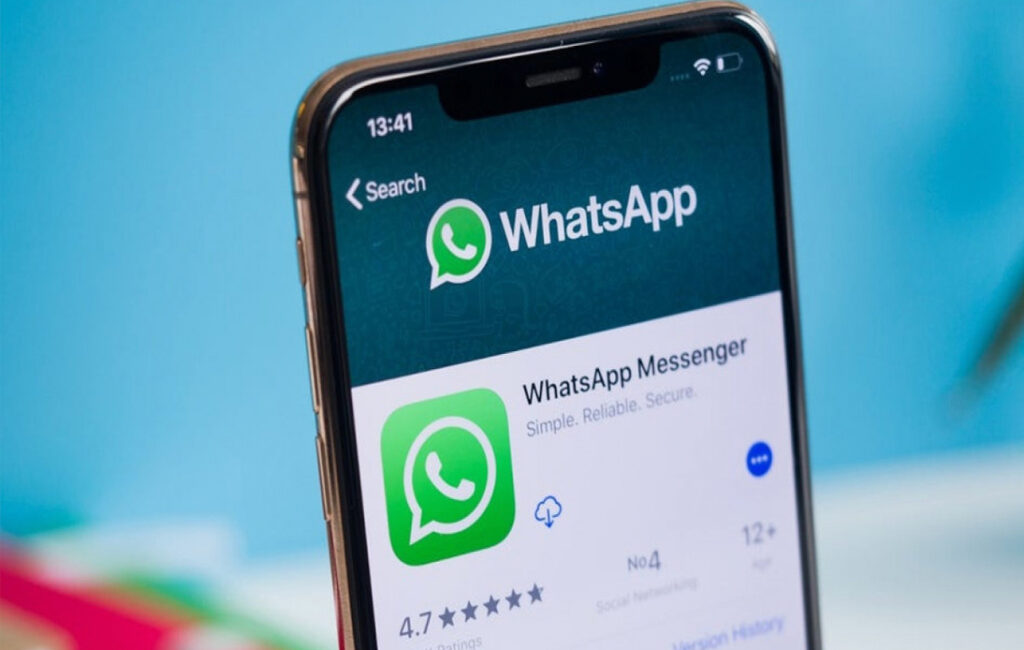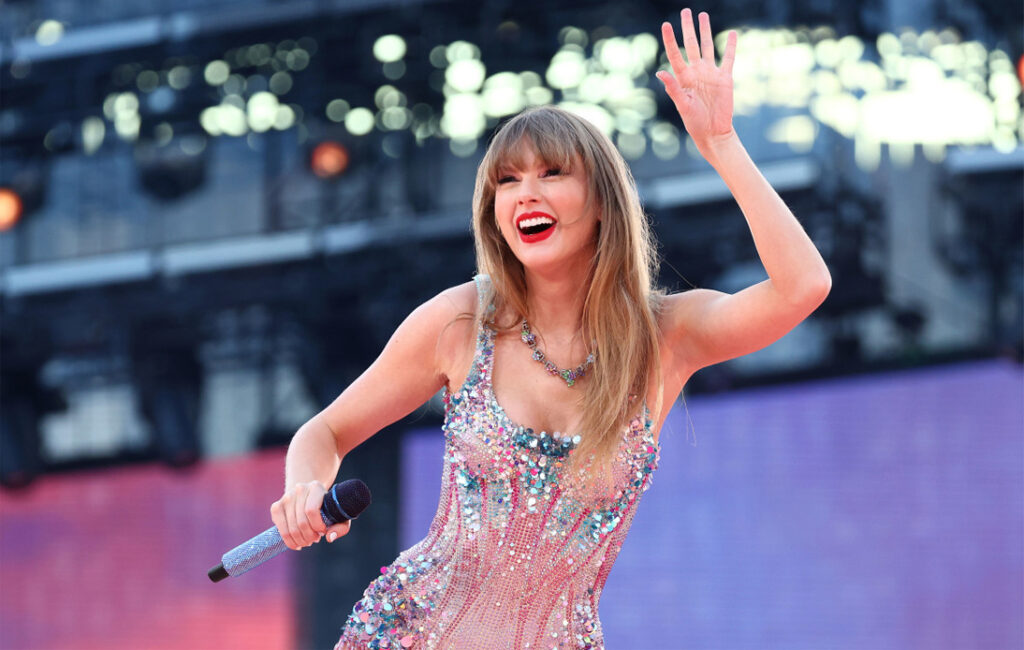
Black Widow, the most anticipated film this summer, comes as an opportunity for Marvel’s millions of fans to return to theaters for the first time since the pandemic began.
The film starring Scarlett Johansson has made its worldwide debut, and expectations for its box office takings are very high.
On Wednesday, Deadline’s Anthony D’Alessandro and Nancy Tartaglione predicted that the franchise’s new film might gross as much as $140 million in its first weekend.
American movie ticketing company Fandango said advance ticket sales for Black Widow had set a record in 2021, beating F9.
Its website also stated the film had surpassed some of Marvel’s pre-pandemic titles, including 2016’s Doctor Strange and 2017’s Spider-Man: Homecoming.
But Black Widow’s numbers and potential records compared to June’s cinematic milestones were expected.
THR’s Pamela McClintock wrote that there was a pent-up demand as it has been more than two years since an MCU superhero movie appeared on the big screen.
It was 2019’s Avengers: Endgame, a Marvel film that broke numerous box office records in various markets, including the highest-grossing film of all time, the highest opening weekend gross, and the fastest cumulative grosses.
Disney and Marvel also opted for a hybrid premiere for Black Widow, which debuts in the United States via Disney + Premier Access today for $30.
While the streaming alternatives make box office projections a bit more complicated, Deadline predicts that the film could make more than $80 million in theaters.
But Disney eyes $75 million raised over three days stateside in the United States alone, beating F9’s nationwide pandemic record of $70 million during its opening weekend.
Box office returns in the United States have been shaky as the government lifts Covid restrictions and theaters partially reopen.
Some breakout hits like A Quiet Place II and F9 have given the film industry hope, but a few mistakes like In the Heights disclosed a complicated scenario for Hollywood.
People are returning to theaters, but they are doing so selectively, WaPo’s Steven Zeitchik wrote last week.
“And those who work in Hollywood are trying to decipher why,” he added.




















